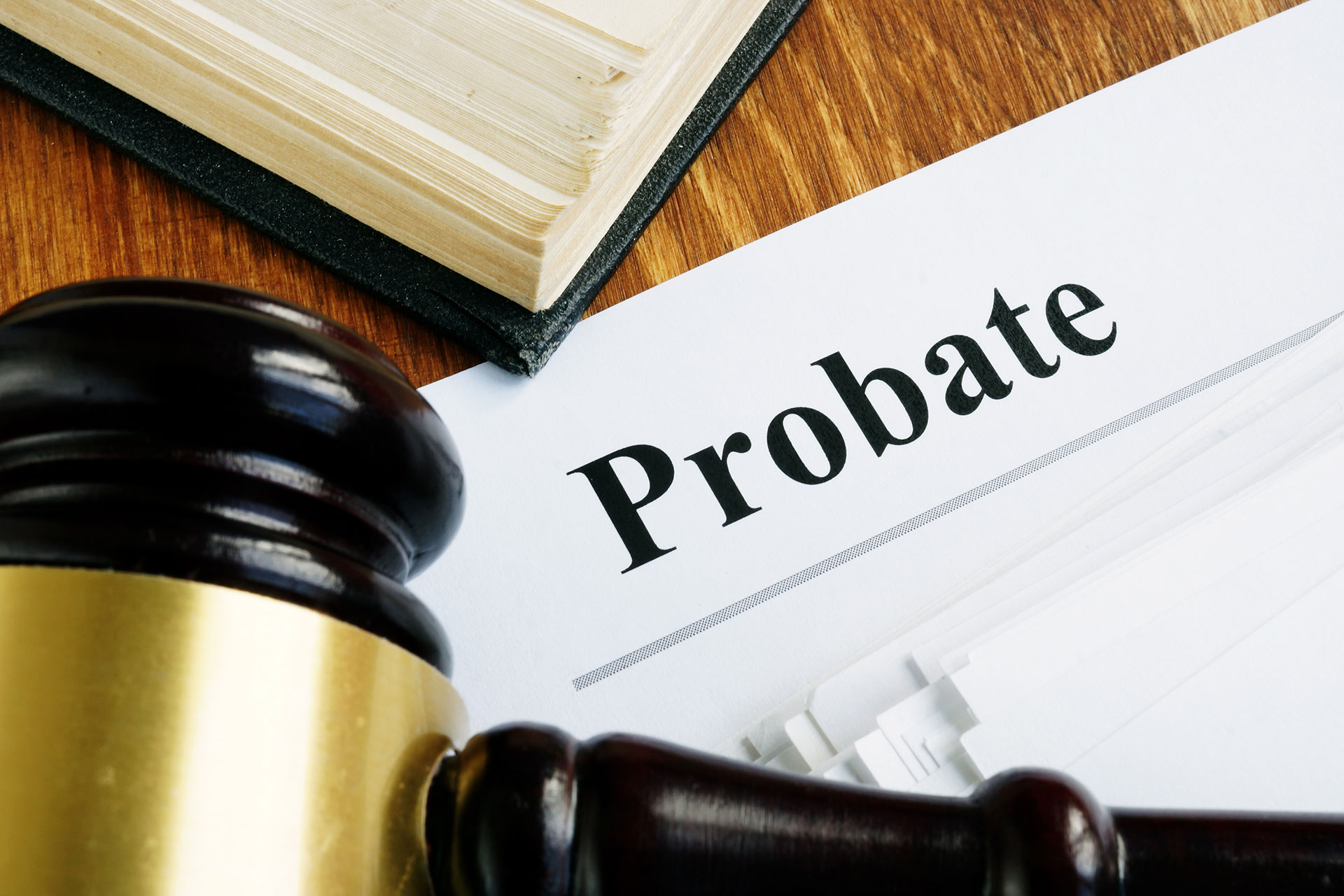-

Electronic Will Act
Effective August 1, 2023, the Uniform Electronic Wills Act (Act) has been adopted by State of Minnesota. This Act has significant ramifications for Minnesotans...
-

Estate Tax Exemption Changes for 2024
The federal estate and gift tax exemption continues to increase. For the tax year 2024, the estate/gift exemption is $13,610,000 per individual or $27,220,000...
-

What is the difference between Probate and Non-probate Assets?
As an estate planning attorney, one of the most common misconceptions I hear is, “I have a Will, so my family will avoid a...
-

How Often Should I Update My Estate Plan?
Having an estate plan is an important step that everyone should contemplate. It allows you to direct where your hard-earned and cherished assets go,...
-

Don’t Forget Your Will and Fall Cleaning To-Do List
Fall is traditionally a time for taking stock, reorganizing, and preparing. Don’t forget to add creating or updating your Will to your fall to-do...